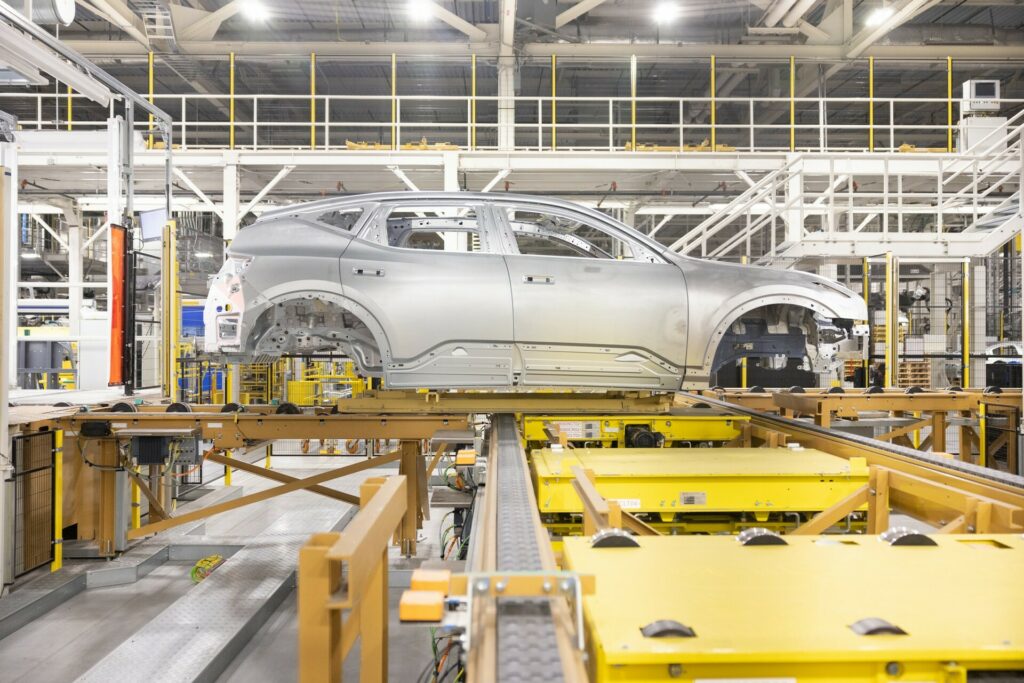- Polestar is worried about the implications of President Biden’s proposed ban on Chinese hardware and software.
- The Geely-owned company says the planned rules would “effectively prohibit” sales of its cars in the US.
- Even Polestar’s US-built cars could be illegal in America if the proposal becomes law.
The Biden administration’s plan to ban Chinese tech is designed to keep America safe, but it could end up putting domestic jobs at risk. Polestar says the proposal could “effectively prohibit” sales of its cars in the US – including models built in America by American workers.
Washington’s lawmakers are concerned that smart cars containing Chinese hardware and software pose a security threat to the US and must be kept out. But Geely-owned Polestar’s comments to the US Commerce Department unearthed by Reuters serve as a reminder that Chinese cars, which we often think of as a looming force, are already on sale in the US, and in some cases part of the fabric of the US economy.
Related: Lincoln’s Best-Selling Vehicle Could Be Banned In America
Polestar, which claims only 280 of its 2,800 employees work in China, and that 70 percent of its directors are either from the US or Europe, doesn’t only build cars in China, but also in South Korea and has just begun production of the 3 SUV in South Carolina, providing work for hundreds of Americans. Sister brand Volvo, which shares the Ridgeville SC site and makes its cars from the same component set as Polestar, is also at risk from the proposals.
Cars assembled in South Carolina are exempt from steep duties recently placed on vehicles imported from China, but could theoretically become unsaleable in the US unless some exemption is made.

Polestar said the US Commerce Department “should consider whether a rule that effectively shuts down the operations of a lawfully organized U.S. company with substantial U.S. investments and so many personnel and key decision-making units in friendly nations and the United States is appropriately tailored to address the stated national security concerns,” Reuters reports.
Ford, whose Lincoln Nautilus also falls foul of the rule (as does GM’s Buick Envision) urged the Commerce Department to ensure cars are only prohibited from sale based on their hardware and software, and not because of where they’re assembled.











